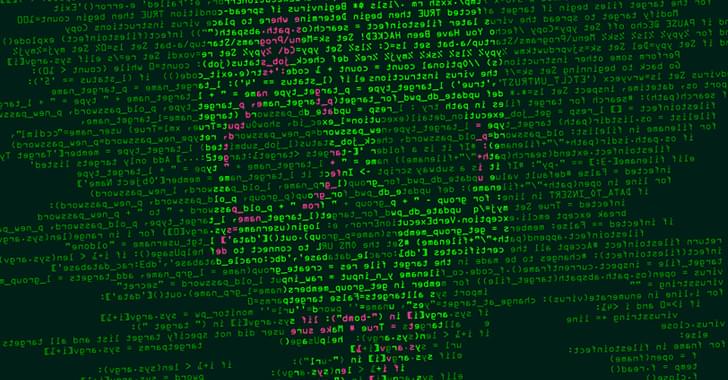Millions of people could suddenly lose electricity if a ransomware attack just slightly tweaked energy flow onto the U.S. power grid.
No single power utility company has enough resources to protect the entire grid, but maybe all 3,000 of the grid’s utilities could fill in the most crucial security gaps if there were a map showing where to prioritize their security investments.
Purdue University researchers have developed an algorithm to create that map. Using this tool, regulatory authorities or cyber insurance companies could establish a framework that guides the security investments of power utility companies to parts of the grid at greatest risk of causing a blackout if hacked.



 עברית (Hebrew)
עברית (Hebrew)




